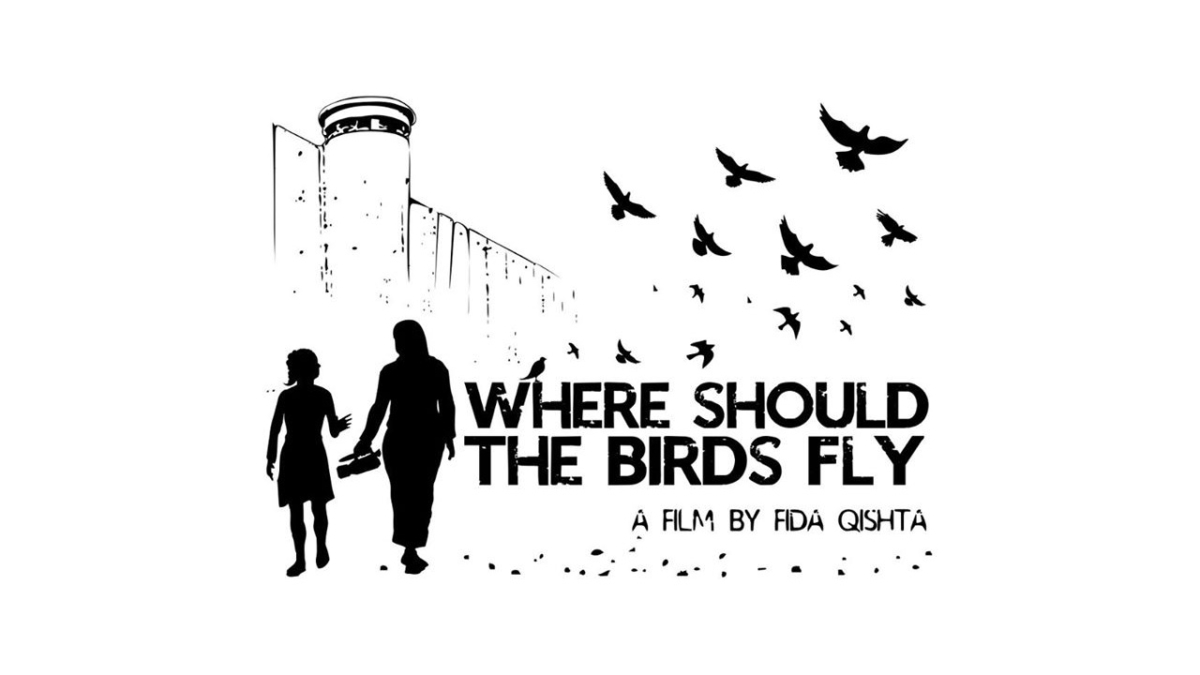Online UPAF #4 focuses on self-documentaries, from Gaza and from Japan.
Tracing Palestine History Through Good Films No. 4 “Attacks on Gaza recorded by citizen journalists: 2008-09 & 2023-24”
Streaming Period: 11/29/2024 @0:00 – 12/5/2024 @23:59
If you are an English speaker in Japan or reside outside Japan, click on the global ticket button below (Vimeo OTT). You will have 72 hrs to watch as long as you purchase and start viewing by 12/5 23:59 Japan time (12/5 9:59 EST). A teaser is here.
Book and watch “Where Should the Birds Fly (Japan only) Book and watch “Where Should the Birds Fly (Global edition)Shot, Edited, Written, and Directed by Fida Qishta | Gaza | 58min | color | self-documentary | In English and Arabic with English and Japanese subtitles (not SDH) | Ticket: 880 yen | The proceeds will be donated to the Director’s fundraising campaign to support her family in Gaza | Additional donations can be made here.
Japan-premiered at UPAF 2015. Not recommended to children under 15-year-old.
The promises made in the 1993 Oslo Accords went unfulfilled, fueling the anger of Palestinians and leading to the outbreak of the Second Intifada in 2000. Unlike the First Intifada (1987–1993), this uprising was characterized by armed resistance, including riots and suicide bombings. In response, Israel carried out large-scale retaliatory attacks in Gaza using airstrikes, tanks, and bulldozers.
In 2004, amidst the chaos, Fida, who grew up in Rafah, a border town in the southernmost part of Gaza near Egypt, witnessed her family home being destroyed by an Israeli bulldozer. Later, she took up a video camera as her weapon and became Gaza’s first Palestinian female video journalist. She worked for Western media but noticed they would whitewash the facts and would not use violent footage she captured. This film compiles footage from the 2008–2009 Gaza War (known in Israel as Operation Cast Lead and in the Arab world as the Gaza Massacre) shot, edited, and narrated by Fida that Western media rarely, if ever, broadcast.
Today, images from Gaza can reach the world immediately through social media. However, watching this film—created over a decade ago—alongside the newly released Ahmad Alive provides an opportunity to reflect on the historical context of the world that Gaza’s civilians have endured for the past 15 years. Below is the introduction written by UPAF for the Japanese premiere of the film in 2015:
When people hear “Palestinians,” they may imagine soldiers, but this film portrays ordinary Palestinians—farmers, fishermen, and others. Yet their lives are anything but ordinary. For decades, innocent people have been forced to live like prisoners, ignored by the world. Why? Who bears the responsibility to face these often shocking images head-on?
Fida identifies with Mona, a girl who lost multiple family members before her eyes. Through Mona, she sees her own past and the future of Palestine. Will Mona’s emotional wounds ever heal? Fida says she wanted to depict hope in this film. Can we, far away in Japan, grasp that faint glimmer of hope? Is Japan truly so far removed?
Fida currently lives in the United States and is the mother of an infant boy. However, she continues to endure sleepless nights, worrying about the safety of her family in Gaza. She lost over 50 relatives within three months after Oct 7, 2023, and the number has most likely increased since. Desperately fundraising to save the remaining family members, she finally managed to rescue only her elderly parents to Egypt in February 2024. However, upon arrival, her father was diagnosed with cancer, a condition undetected due to the lack of medical care in Gaza. He passed away in September in an ill-equipped Egyptian hospital, even without being given any painkillers.
In July, their rebuilt home was destroyed again. Her sister, a mother of three young children, suddenly began vomiting uncontrollably and, after waiting 72 hours in a crowded Gaza hospital’s lobby, fell into a 12-hour coma and died without treatment. It is suspected that some chemical agent dispersed in the area caused her condition, but the truth will likely never be investigated. Despite substantial donations, exorbitant fees demanded by Egyptian brokers have stalled the rescue of the remaining family members. She just managed to bring her mother to the US, and continues to send money she raises to support her family in Gaza so that they can eat and keep warm.
If you are able, even a small donation would help. Her fundraising site can be found here:
https://www.gofundme.com/f/gaza-crisis-rescue-my-parents-act-now
